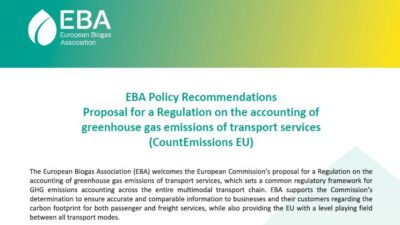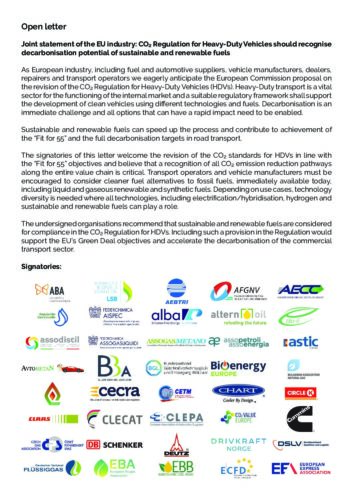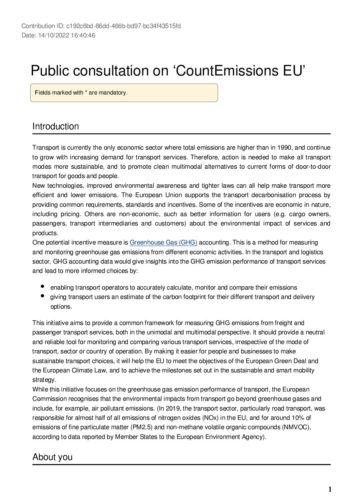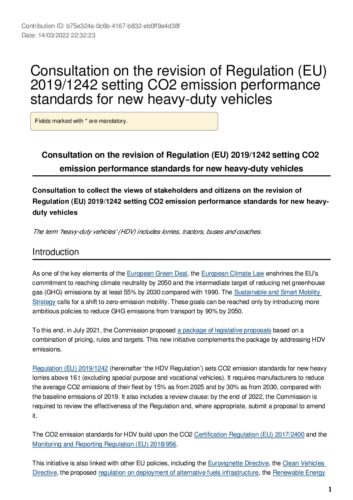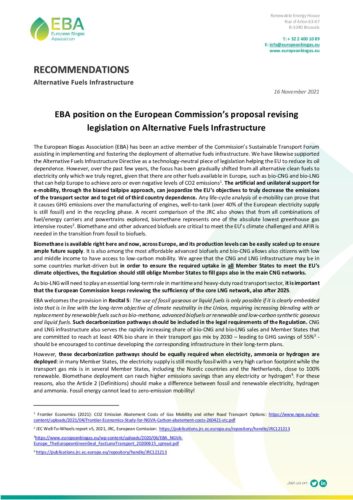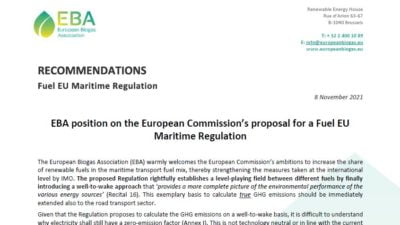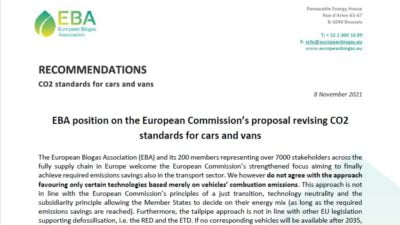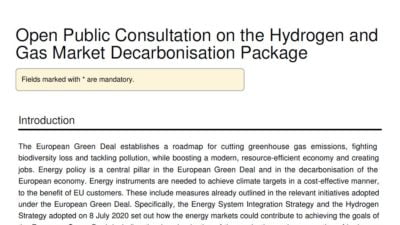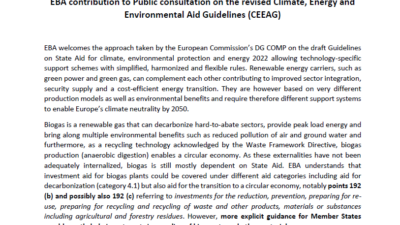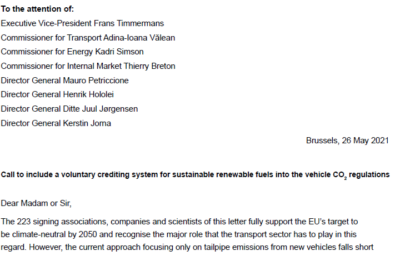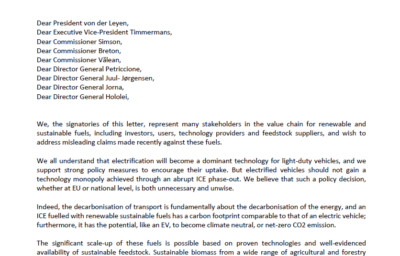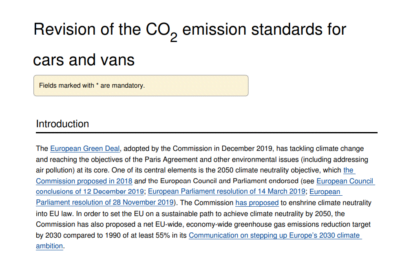Overview

Despite the emergence of climate mitigation policies in the EU, transport has been the only sector to increase its greenhouse gas emissions since 1990. To reverse this trend and slash our decades-long dependency on fossil fuels, multiple solutions will be needed to provide for different market needs and mitigate risks. EBA is convinced that biomethane, both in liquid and compressed form, is an excellent option for the decarbonisation of the transport sector, especially for hard-to-abate modes such as heavy-duty road transport, international shipping and, in the future, aviation.
Impact
For transport decarbonisation to pick up pace, all sustainable renewable fuels are necessary and legal certainty is needed for the whole biogas industry value chain, from production to end-users and manufacturers. Technology-open legislation on CO2 emission standards can establish a level playing field between different fuels, thus encouraging the development and production of clean fuel gas engines that will enable the scale-up of biomethane in the transport sector. This could be achieved by introducing a Well-to-Wheel/Wake approach, providing a more complete picture of the environmental performance of the various energy sources.
Our ambition
- To recognise biomethane as a non-CO2 contributor, on an equal footing with electric mobility.
- To replace the tail pipe approach with a Well-to-Wheel/Wake or Life Cycle Assessment approach in all transport and fuel-related legislation.
- To attain a coherent and stable EU policy truly capable of equally promoting all clean vehicles and their infrastructure.


